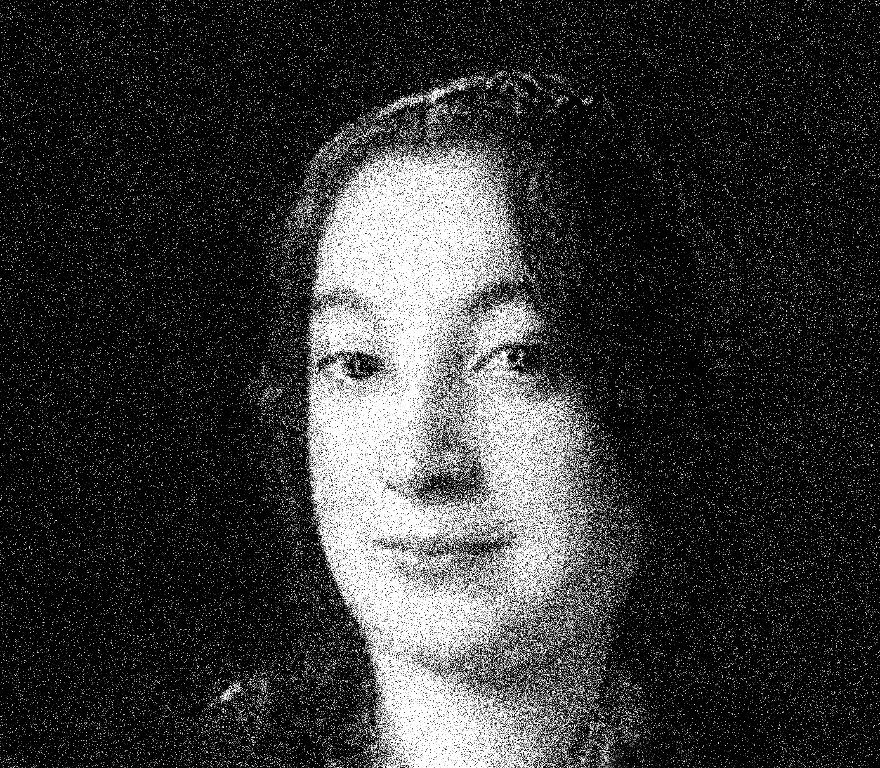If you have ever taken an interest in the area of wellness, you have most likely heard of meditation. Meditation is the practice of finding mental clarity and calmness by detaching yourself from your thoughts, typically done by sitting in a comfortable position and focusing on your breath. Meditation is not a new concept, though. The practice has been around for hundreds of years, with origins in India and being used in a spiritual context. However, with the recent popularization of mental health and wellness, meditation has quickly become a well known and common practice.
Not only does meditation have mental health benefits, but it can be beneficial to your physical health as well. Through relaxing the body and focusing on your breathing, you are also regulating your nervous system, telling your body that it can relax and be at ease. Even just a few minutes of meditation per day can prove to be extremely helpful in managing your physical and mental health. Also, in working to detach yourself from your thoughts through meditation, it can help you to find greater mental clarity and not become overrun by what is happening in your mind. This practice promotes an attitude of acceptance and peace with your thoughts and mental processes, making it an accessible and transformative practice for many.
We now live in a modern time of rapid and constant technological development. This prompts the question of how these new technologies can be used to add to or improve mental health practices. Looking at meditation specifically, there are many interesting ways this can go. We already have an array of apps and programs with guided meditation practices. But what if these were personalized just to you? Through the use of AI technologies, this could be possible. Designing meditations that are specific to what you are currently going through, or targeting particular areas that you want to work on more can create a new and personalized experience.
Another common practice within meditation is breath work. By harnessing new and existing technologies such as digital health trackers and insights, perhaps this information could be used to generate suggested breathing patterns based on you and your personal health needs and goals. By integrating these personalized experiences into meditation through the use of AI, an already transformative and beneficial practice can become even more meaningful and better assist you as an individual.
The new and innovative technologies we now have access to have the potential to be transformative in the mental health and wellness space. By integrating AI into preexisting practices, we have the ability to create new experiences that are unique to every individual person. And since we all have unique and individual needs, isn’t that what we should get in our practices?







